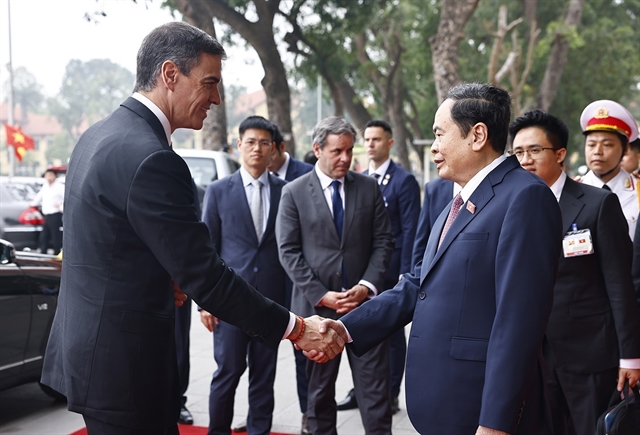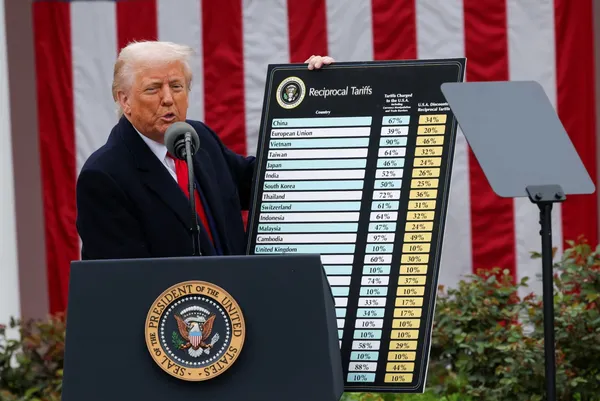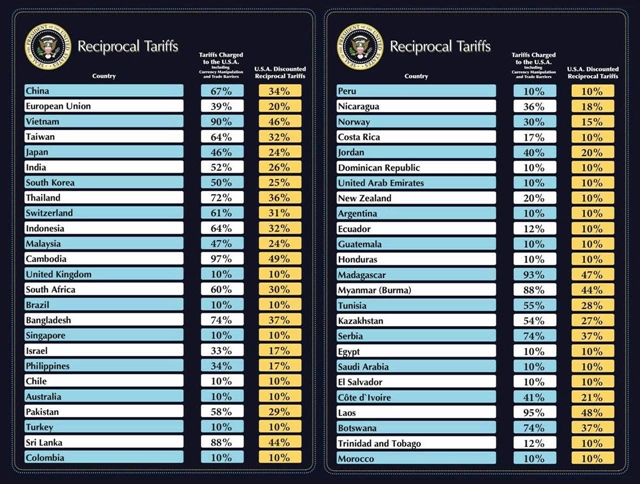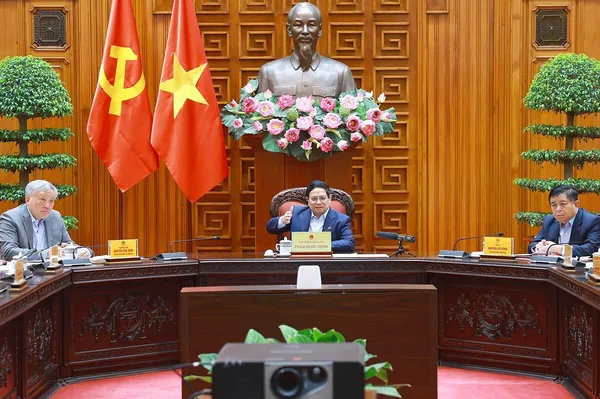 Society
Society
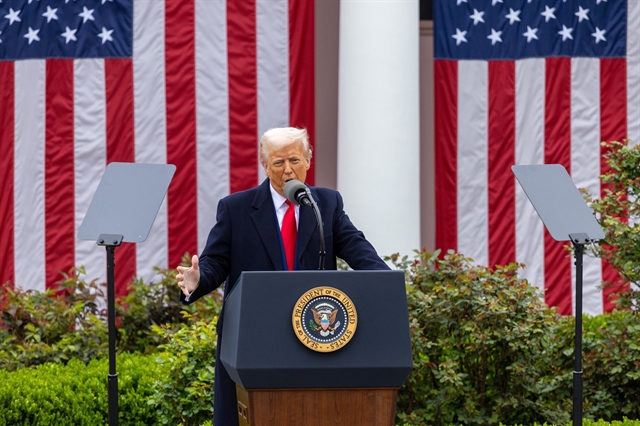
Phạm Xuân Hòe, deputy director of the Banking Strategy Institute (under the State Bank of Việt Nam), speaks to Thời báo Kinh doanh (Business Times) about measures to help people living in remote areas get access to digital financial services.
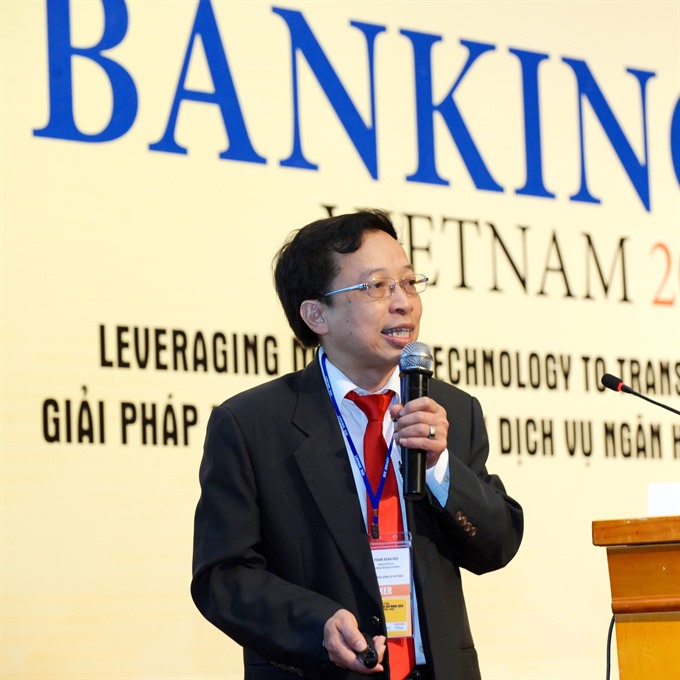 |
| Phạm Xuân Hòe, deputy director of the Banking Strategy Institute under the State Bank of Việt Nam. — Photo banking.org.vn |
Phạm Xuân Hòe, deputy director of the Banking Strategy Institute (under the State Bank of Việt Nam), speaks to Thời báo Kinh doanh (Business Times) about measures to help people living in remote areas get access to digital financial services.
How we are progressing with the goal of promoting digital banking in remote areas of the country?
More than 40 banks across the country are now providing digital financial services on mobile phones. However, people in remote areas are still having difficulty accessing these services.
The most fundamental obstacle is that the services provided by financial institutions and People’s Credit Funds – including banks – are not simple enough, not suitable for people living in remote areas.
Direct facial recognition is still a requirement for performing transactions at banks, without it, it would be very difficult to help people use financial services such as opening savings accounts, acquiring loans and transferring money.
What efforts has the State Bank of Việt Nam made to help simplify these procedures?
The bank recently submitted to the Government a proposal on improving access to banking services, in which it proposed measures to advance digitalised banking channels such as mobile and internet banking.
The banking sector has some basic factors for the implementation of digital banking such as equipment and internet connection, but lacks data, legal basis, and broadband.
Viettel Telecom (Việt Nam’s largest, State-owned mobile network operator) is now providing 4G mobile connection for all remote, distant areas across the country, which is convenient for the implementation of digital financial services such as mobile banking and internet banking.
Statistics have shown the number of low-income people of working-age using smart phones has increased, which is something that banks can take advantage of.
But we are still lacking a legal basis for providing digital financial services.
What are the specific regulations that we are lacking that prevent low-income people from accessing digital banking?
Currently, customers still have to go to banks and make physical copies of their identification documents if they want to perform transactions. This is something that needs to be adjusted: those procedures should be done with technology, instead of asking customers to provide physical signatures we can use biometric identification technology, fingerprint authentication, or utilise data sharing and get customers’ data from the Ministry of Public Security’s citizen management database.
We should also raise awareness among the low-income community. For example, we should encourage them to use mobile services so that banks can provide them with mobile banking services. Needless to say, we also need a legal basis for that.
Only about 25 per cent of people in rural areas in Việt Nam currently have bank accounts. Why is there such a modest number?
Actually, the percentage of people living in rural areas getting access to loan products and having mandatory savings accounts is very high and doesn’t stop at 25 per cent, but we do have a low percentage of people with spending accounts. It depends on their personal preferences, and Vietnamese people still prefer cash.
Complicated procedures are another reason that discourages people. They don’t want to go to banks to open new accounts because of the paperwork and procedures.
Our legal system currently only allows banks to open spending accounts, not microfinance organisations and People’s Credit Funds. Meanwhile, it is still difficult for commercial banks to “branch out” to remote areas of the country.
Surveys have shown that the majority of farmers who borrow money from the Bến Tre branch of Agribank also sign up for bank cards, and use these cards to pay when buying agricultural products.
I personally think that microfinance organisations and the Việt Nam Bank for Social Policies are capable of issuing bank cards to low-income people in distant areas, if they are permitted by law to do so. This will encourage non-cash payments in the country, which is a great benefit. — VNS
\




